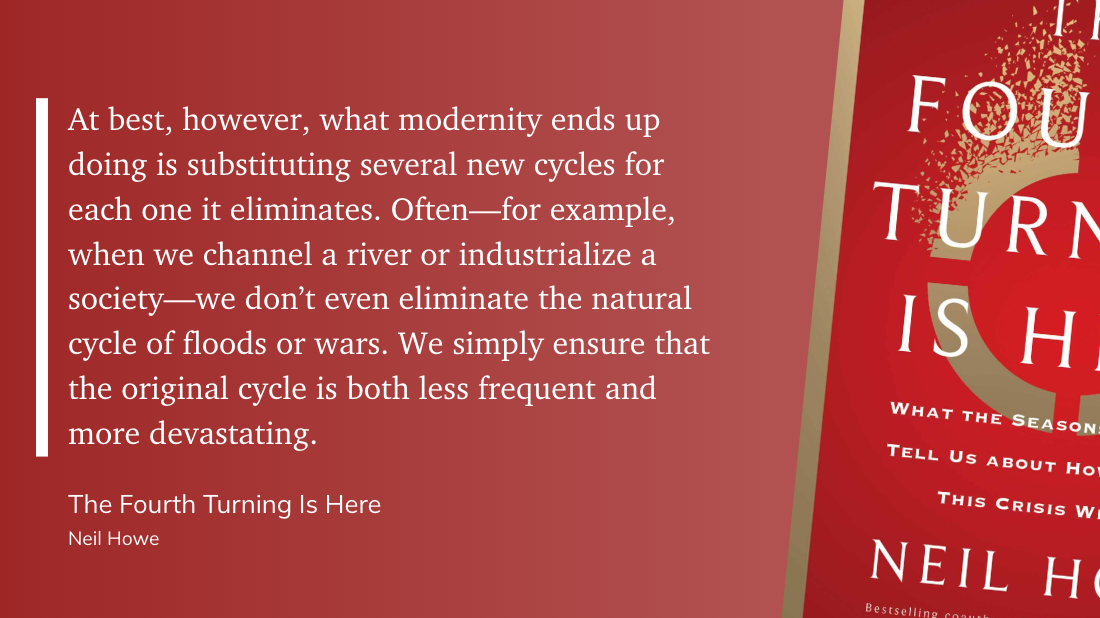I’ve written a lot about autonomous vehicles and their problems. Then I ran across this.
“Most errors happen when we do things that we think we know—and it turns out that we don’t. ….. The key to this strategy is to quantify the uncertainties involved, known as the error band—or the “known unknowns,” as Mitra put it. That calculation comes from what he and his team call a perception contract. In software engineering, a contract is a commitment that, for a given input to a computer program, the output will fall within a specified range.”
It's an interesting approach, but I remain a bit of a skeptic. From Wired, How to Guarantee the Safety of Autonomous Vehicles
Slow down, you move too fast. You’ve got to make the morning last.
“To Heschel, as for the many billions of Jews, Christians, and Muslims who have practiced variations of this ancient insight, weekly rest is not about taking a break from the world around us, but instead about experiencing the joys of the world to come. It aims to makes the current moment more holy, not to render future moments more efficient.”
From Cal Newport, Heschel on the Joys of Slowness
Climate change is not all about the weather; it can be about the land. More interestingly, how we see the land, which can be generational, is not necessarily how it was or may be — case in point.
“The San Joaquin Valley sits like a bowl at the base of the southern Sierra. Close to the middle of that bowl is the historic lakebed of Tulare Lake, which was once the largest freshwater lake west of the Mississippi River. Since the 1920s, the rivers that fed the lake have been dammed and diverted for agriculture and other uses. The lakebed has since been covered with farms that produce a variety of crops and livestock.”
The atmospheric rivers have changed all that. From NASA’s Earth Observatory, Tulare Lake Grows.
“Before he conceived of Peter Pan, J. M. Barrie decided it was time to grow up and quit smoking. He justifies this decision in My Lady Nicotine: A Study in Smoke (originally published in 1890), which begins with a common trio of arguments against substance addiction. The bodily and spiritual ruin; the economic impact; the pain caused to loved ones. In the case of our narrator (who seems to be a lightly fictionalized Barrie), he felt frequently like he was dying; realized several oriental rugs could be purchased yearly with the money saved; and delayed his marriage six months when his fiancée demanded cessation.”
From The Public Domain Review, Never-again Land: J. M. Barrie's My Lady Nicotine.





